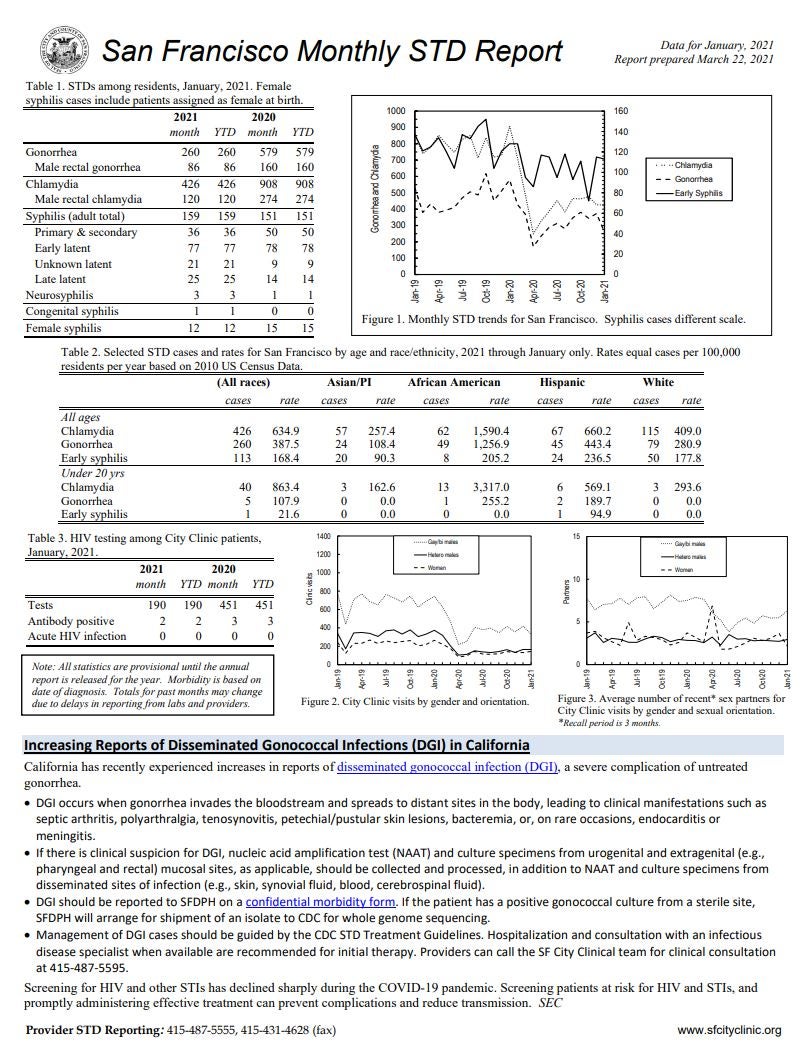What Our Patients Say...
“I just wanted to say thank you guys for all that you do and the way that you do it :) It means a lot that you all provide a legit friendly, supportive, reliable, non-judgmental environment for us to be able to get the treatment that we need. The fact that we are able to get the standard of medical care that normal people receive means the world to me. Everyone else have no clue most what it’s like to dread going to the doc because of the way that you will be treated or fear of deliberate malpractice and/or incomplete care because of prejudice. So thank you for being awesome and extremely valuable and irreplaceable. In short, you guys are THE SHIT! =) ❤ Pardon my French. With complete gratitude & admiration, you guys R the best, thank you with much luv! ❤”
~ Cristine

